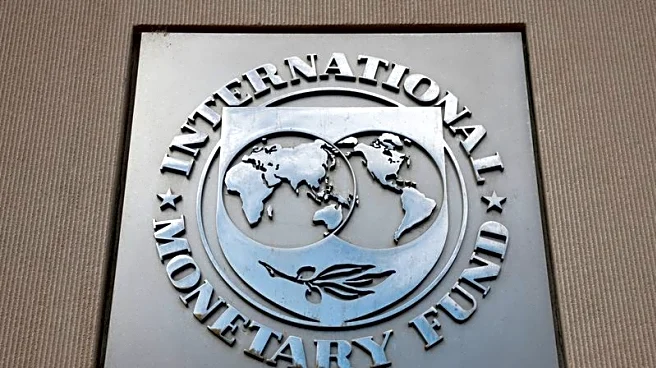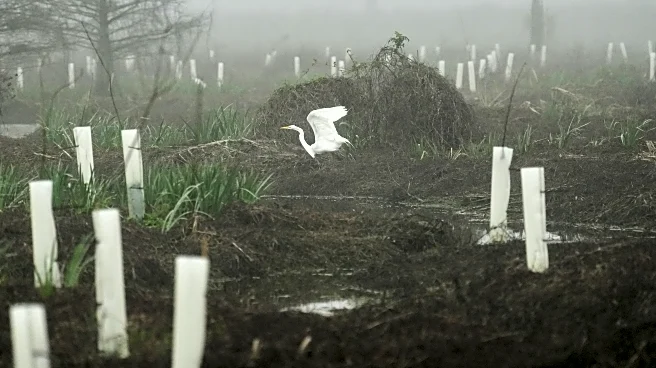What's Happening?
Pedri, a key player for FC Barcelona, has shared insights into his past rejection by Real Madrid, which ultimately led to his successful career at Barcelona. In 2018, Pedri trialed with Real Madrid but was deemed not to have the necessary level to join the team. Following this rejection, he signed with Las Palmas before moving to Barcelona, where he has thrived under the guidance of coach Hansi Flick. Pedri, now 22, has become an integral part of Barcelona's lineup, drawing comparisons to legendary players like Xavi Hernández and Andrés Iniesta. Despite the initial setback, Pedri expresses gratitude for the rejection, as it led him to the club he has always loved.
Why It's Important?
Pedri's story highlights the unpredictable nature of talent scouting and player development in professional sports. His success at Barcelona underscores the importance of perseverance and finding the right environment for growth. Real Madrid's decision to reject Pedri is a reminder of the challenges teams face in identifying and nurturing talent. For Barcelona, Pedri's development represents a significant gain, enhancing their midfield strength and contributing to their competitive edge in LaLiga. This narrative also serves as an inspiration to young athletes facing similar challenges, emphasizing the value of resilience and adaptability.
What's Next?
Pedri's continued success at Barcelona is likely to influence future scouting and recruitment strategies at major clubs like Real Madrid. As Pedri solidifies his role at Barcelona, Real Madrid may reassess their talent evaluation processes to avoid missing out on potential stars. Additionally, Pedri's performance could lead to increased interest from other top clubs, potentially impacting transfer market dynamics. For Barcelona, maintaining Pedri's development and ensuring his long-term commitment to the club will be crucial in sustaining their competitive position.
Beyond the Headlines
Pedri's journey from rejection to success at Barcelona raises broader questions about the criteria used by clubs to evaluate young talent. It highlights the subjective nature of talent assessment and the potential for biases in decision-making processes. This case also reflects the cultural and emotional aspects of player affiliations, as Pedri's personal connection to Barcelona played a significant role in his career trajectory. The story invites reflection on the ethical dimensions of player development and the importance of fostering supportive environments for athletes.











